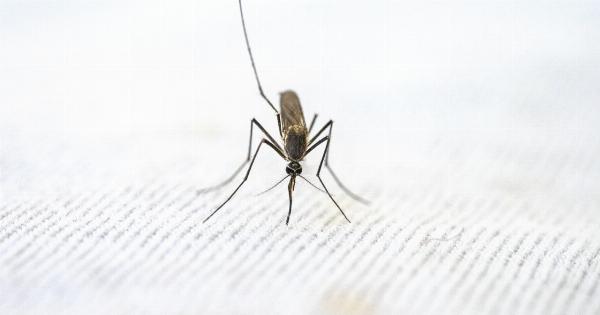The overuse of antibiotics is an issue that has plagued the medical community for years. Despite efforts to curb unnecessary prescriptions, Southern Europe has seen a significant increase in antibiotic use in recent years.
According to a study published in the Journal of Antimicrobial Chemotherapy, the surge in antibiotic usage across Southern Europe has raised concerns about the development of antibiotic-resistant bacteria.
The Study
The study analyzed the data from the European Surveillance System (TESSy) and demonstrated a significant increase in antibiotic consumption in Southern Europe.
The study reported that Spain had a 40% increase in antibiotic use between 2010 and 2016, Italy had a 33% increase, and Greece had a 22% increase.
This steep increase is alarming as it raises concerns about the long-term effectiveness of treatment.
Infections resistant to antibiotics are a serious public health concern, and the surge of antibiotic use in Southern Europe has fueled fear of an antibiotic resistance crisis in the region.
The Antibiotic Resistance Crisis
Antibiotic resistance occurs when bacteria evolve mechanisms to neutralize the effects of antibiotics.
This resistance results in a decreased ability of antibiotics to kill bacteria, creating so-called “superbugs” that are difficult to treat. The overuse of antibiotics is a contributing factor to the development of antibiotic-resistant strains of bacteria.
The World Health Organization (WHO) has identified antibiotic resistance as one of the most significant threats to global health.
According to the Centers for Disease Control and Prevention (CDC), at least 2.8 million people in the United States acquire an antibiotic-resistant infection each year, resulting in at least 35,000 deaths.
The Causes of Antibiotic Overuse in Southern Europe
There may be several reasons behind the surge in antibiotic use in Southern Europe. On the one hand, Spain, Italy, and Greece have a higher incidence of infectious diseases compared to other European countries.
On the other hand, Southern Europe has a higher level of self-medication with antibiotics, which may fuel the increase in antibiotic consumption.
The culture of self-medication is deeply rooted in Southern Europe, where antibiotics are readily available without a prescription.
This practice may create an environment where patients demand antibiotics for illnesses that do not require antibiotics, such as the common cold or flu.
The WHO’s Global Action Plan
In an effort to combat antibiotic resistance, the WHO has developed a global action plan on antimicrobial resistance.
The plan aims to promote the responsible use of antibiotics, improve the surveillance of infections, and increase the research and development of new antibiotics.
Part of the WHO’s action plan is the implementation of national antimicrobial stewardship programs (ASPs).
An ASP is a coordinated program designed to promote the appropriate use of antibiotics by optimizing the selection, dosing, duration, and route of administration of antibiotics. The goal of an ASP is to ensure patients receive the right antibiotic at the right time for the right duration in the right way.
An effective ASP requires collaboration between healthcare professionals, microbiologists, pharmacists, and infection prevention and control specialists.
The Importance of Antibiotic Stewardship Programs
Antibiotic stewardship programs are essential in the fight against antibiotic resistance. These programs work to improve patient outcomes, reduce healthcare costs, and prevent the spread of antibiotic-resistant infections.
Implementing an effective ASP requires the investment of time and resources, but it is a crucial step to ensure the long-term effectiveness of antibiotics and the continued ability to treat infectious diseases.
The rise in antibiotic use in Southern Europe highlights the importance of continued efforts to promote responsible use of antibiotics.
It is imperative that healthcare professionals work together to ensure antibiotics are used appropriately to prevent the development of antibiotic-resistant strains of bacteria.
Conclusion
The overuse of antibiotics is a global public health concern. The surging increase in antibiotic use in Southern Europe is a significant concern that needs to be addressed immediately.
By implementing national stewardship programs, increasing awareness of the potential harm of antibiotics, and making antibiotics more difficult to obtain without a prescription, Southern Europe can curb the tide of antibiotic overuse and reduce the risk of antibiotic resistance.





























